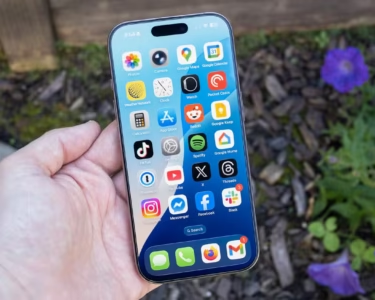According to Bloomberg’s Mark Gurman, despite Apple’s public commitment to progressive values such as climate action, its leadership may feel a sense of relief following Donald Trump’s presidential win. Under the Biden administration, the tech company faced increasing regulatory challenges, including major antitrust litigation and international scrutiny. Now, Apple’s executives might anticipate a more business-friendly landscape.
The change in administration could especially favor CEO Tim Cook, who had cultivated a constructive rapport with Trump during his previous term, skillfully managing tariff threats and obtaining key exemptions for Apple products. Although Trump’s campaign pledge to implement tariffs as high as 60% on Chinese imports, noted by The Washington Post, appears challenging, Cook’s track record of effective negotiation with Trump in the past indicates that comparable concessions might be achievable.
Apple’s Strategic Shift to India: A Move to Mitigate Tariff Risks
- Apple has strategically strengthened its global position by expanding its production footprint in India.
- The Economic Times highlights that Apple might amplify its iPhone production in India to exceed $30 billion annually within the next two years, a move that would cushion the company against possible tariff repercussions.
- CNBC’s assessment shows that Apple’s substantial profit margins make it more adept at handling tariff impacts compared to its tech counterparts, with Morgan Stanley estimating only a moderate 5.5% decline in earnings per share if a 15% tariff is imposed.
- According to The New York Times, Tim Cook has already initiated diplomatic engagements, sharing on X (formerly Twitter): “We are eager to collaborate with you and your administration to ensure that the U.S. maintains its leadership in ingenuity, innovation, and creativity.”
Tim Cook’s Strategic Positioning for Potential Negotiations
- Cook approaches potential talks equipped with significant leverage, including ramped-up iPhone production in India under the administration of Trump ally Prime Minister Narendra Modi, the impending release of a US-manufactured Mac Pro, a new semiconductor plant in Arizona, and plans for a significant campus in North Carolina.
- Despite potential internal pushback from some Apple staff over strengthened ties with Trump, the company’s history showcases its effective, pragmatic strategies. During Trump’s previous term, Apple successfully preserved its production approach and minimized substantial supply chain disruptions.
- The selection of Elon Musk, a Trump supporter and vocal critic of Apple’s App Store regulations, as a key adviser could introduce complexities. Nonetheless, experts suggest that Cook’s adept negotiation skills and Apple’s substantial contribution to the US economy will support the development of a cooperative relationship with the new administration.







